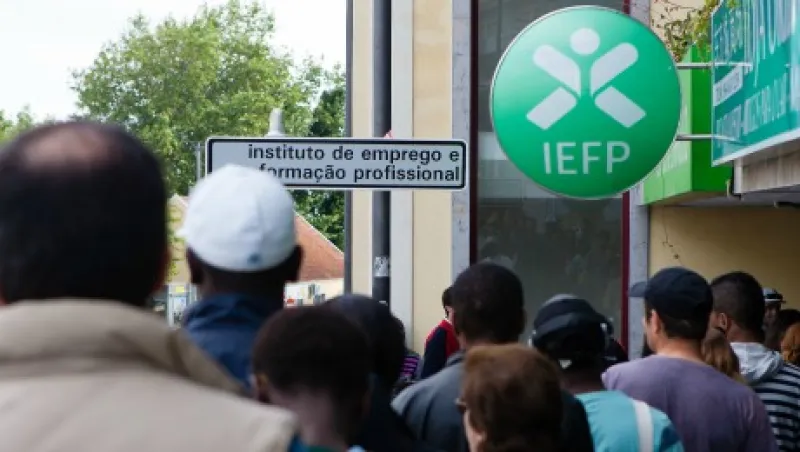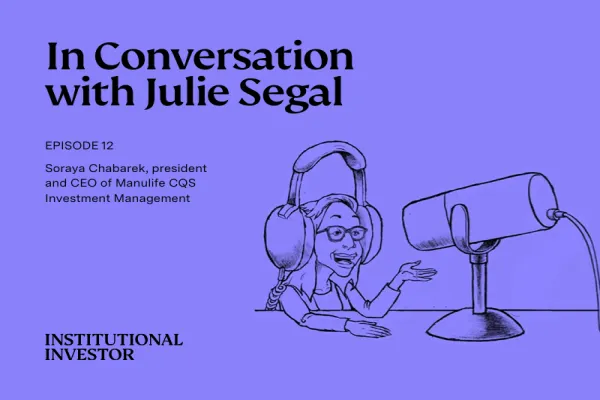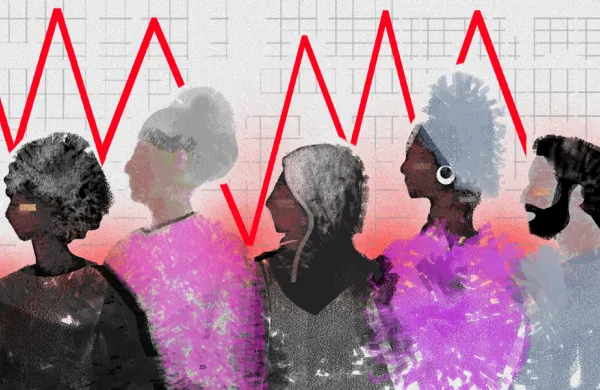Institutional investors have plunged back into the euro zone over the past year on signs that the 17-member currency union has stabilized following European Central Bank (ECB) president Mario Draghi’s 2012 epoch-making promise to do “whatever it takes” to save the European currency.
Still, many euro zone bulls remain highly skeptical about investing in the troubled euro zone periphery. Even the latest International Monetary Fund review of the country’s economic and fiscal progress, published November 8, fretted about Portugal’s general “austerity and reform fatigue,” as well as the country’s high unemployment: 15.6 percent during the third quarter of 2013. The IMF bailed out the country in 2011 with a total loan of €78 billion ($106 billion). Ever since, the IMF, along with the European Union, has kept tabs on Portugal’s progress.
Despite this backdrop, some investors are again showing an interest in Portugal. Global X Funds, a New York–based provider of exchange-traded funds, launched what it claims is the U.S.'s first Portugal-only ETF in November, the Global X FTSE Portugal 20 ETF. Also enthusiastic about Portugal is Didier Duret, chief investment officer at Amsterdam’s €164 billion ABN Amro Private Banking Global Research & Strategy. Duret predicts 2014 will be the year of “delivery” for Portugal, when “the reforms will come to fruition” — boosting GDP at last. Among his euro zone investment picks are nine-year bonds of Energias de Portugal, currently offering about a 4 percent yield, citing its exposure not just to the recovering Portuguese economy but also to faster-growing markets in Latin America and Africa. He also noted that with a dividend yield of 3.5 percent, Portugal’s PSI 20 equity index is looking like a good buy.
But Jay Jacobs, research analyst at Global X, freely admits that Portuguese equities remain risky. “We think the opportunities are a lot more in line with the risk and reward that hedge funds are seeking, rather than retail investors,” he says. In particular, he points to political risk.
Portugal’s political risk seemed muted until July, when finance minister Vitor Gaspar, a former staff member of the ECB and one devoted to fiscal and economic reforms, resigned. His resignation letter mentioned, among other issues, falling public support for austerity and the recent rejection of a government plan to merge state and private pensions by the country’s constitutional court, which may delay exit from the bailout in June 2014. If Portugal fails to adhere to an aggressive reform program, many fear that the IMF and the EU may be reluctant to orchestrate any further rescue.
Portuguese debt is projected by the IMF to peak at 128 percent of GDP this year.
Bruno del Ama, CEO at Global X, nevertheless sees reasons to be upbeat about Portugal. Its gross domestic product has risen for the first time since 2010, helped by rising exports and investment. Unemployment is falling, and the cuts in the ECB’s benchmark interest rate have reduced Portugal’s mortgage rate. “That’s what people care about: that they have jobs and can pay their mortgages,” says del Ama. These developments will, he says, increase Portugal’s political stability.
Global X is bullish in particular about the consumer services sector, which makes up nearly 23 percent of the index, says Jacobs. “We expect to see steadily improving unemployment numbers, which should result in more disposable income for Portuguese families that will be spent on consumer goods and services.” More than half of this consumer services weighting is taken up by Jerónimo Martins, a retailer and consumer goods manufacturer.
James Buckley, head of European equities at $60 billion London–based Baring Asset Management, says that Portugal’s coalition government remains “reasonably stable.” When it comes to reform, he adds, “Portugal did adhere to what it was required to do. Its reward is that Portuguese 10-year bonds are trading at around 6 percent, significantly down from earlier highs.” The yield peaked at 17 percent in 2012.
Some investors regard Portugal’s export prospects as playing an even more important role in the country’s recovery than does the government’s reform program. “The recovery of the Portuguese economy is in the hands of the external sector, and we already see improvement there. Exports are flying,” says Duret. He credits this largely to a fall in the country’s unit labor costs, which are restoring Portugal to a competitive position.
Many institutional investors remain wary, however, of investing in a country still facing political threats at home and abroad. Global X’s ETF has so far not attracted any investors, although it’s admittedly in its early days. “I still think there is existential risk to the preservation of a 17-member euro zone over the medium term — in the next five years. People have forgotten about this risk,” says Ed Lalanne, senior strategist at New York–based Macro Risk Advisors, which provides advisory services to institutional investors. “Peripheral countries such as Portugal and Greece could decide they don’t want the austerity anymore, or Germany could decide it doesn’t want to extend any more money to them through EU funds.” This could, he says, force these countries out of the currency union. Because of this risk, Lalanne says he would not recommend buying Portuguese sovereign debt, despite the high yield it offers.
An investment in Portugal is therefore largely a bet on the continuing integrity of the euro zone, and countries such as Portugal will, in the view of many institutional investors, rise or fall largely depending on events and decisions made outside the country.
This view is echoed by Matthew Luckett, partner and co–portfolio manager at New York–based Balestra Capital, a $1.6 billion global macro fund. He regards the prospects of Portugal and other peripheral countries as poor unless the ECB takes more drastic action than it has so far. Portugal is, he says, caught in a “negative feedback loop.” Falling wages may help exports, but, ultimately, “lower wages depress domestic demand, which depresses tax receipts, making it difficult for Portugal to run the fiscal surplus it needs to pay off its debt.”
The answer for Portugal and other euro zone countries is, thinks Luckett, the introduction of outright quantitative easing by the ECB. That would mean the ECB’s changing from a program of sterilized asset purchases, where it buys assets but balances that purchase by taking an equal amount of money out of circulation, to one of unsterilized purchases, where it simply buys assets without offsetting the purchase. “The European Central Bank has been behind the curve in providing solutions to the euro zone crisis,” says Luckett.
Myles Bradshaw, London-based executive vice president and portfolio manager at $1.97 trillion Pacific Investment Management Co., also takes a pan–euro zone view when assessing the country’s prospects. He sees Portugal’s prospects as limited by low long-term future economic growth in the euro zone, the source for the majority of its exports — despite the recent pickup in exports. Partly for this reason, Pimco does not hold Portuguese sovereign debt. “Portugal has got the worst of Spain and Italy,” he says: “high public debt and low economic growth rates like Italy, and high private sector levels and relatively high fiscal deficits like Spain.”
Portugal still has a way to go to convince many investors that its slice of the periphery is the place to be.
Read more about macro.






